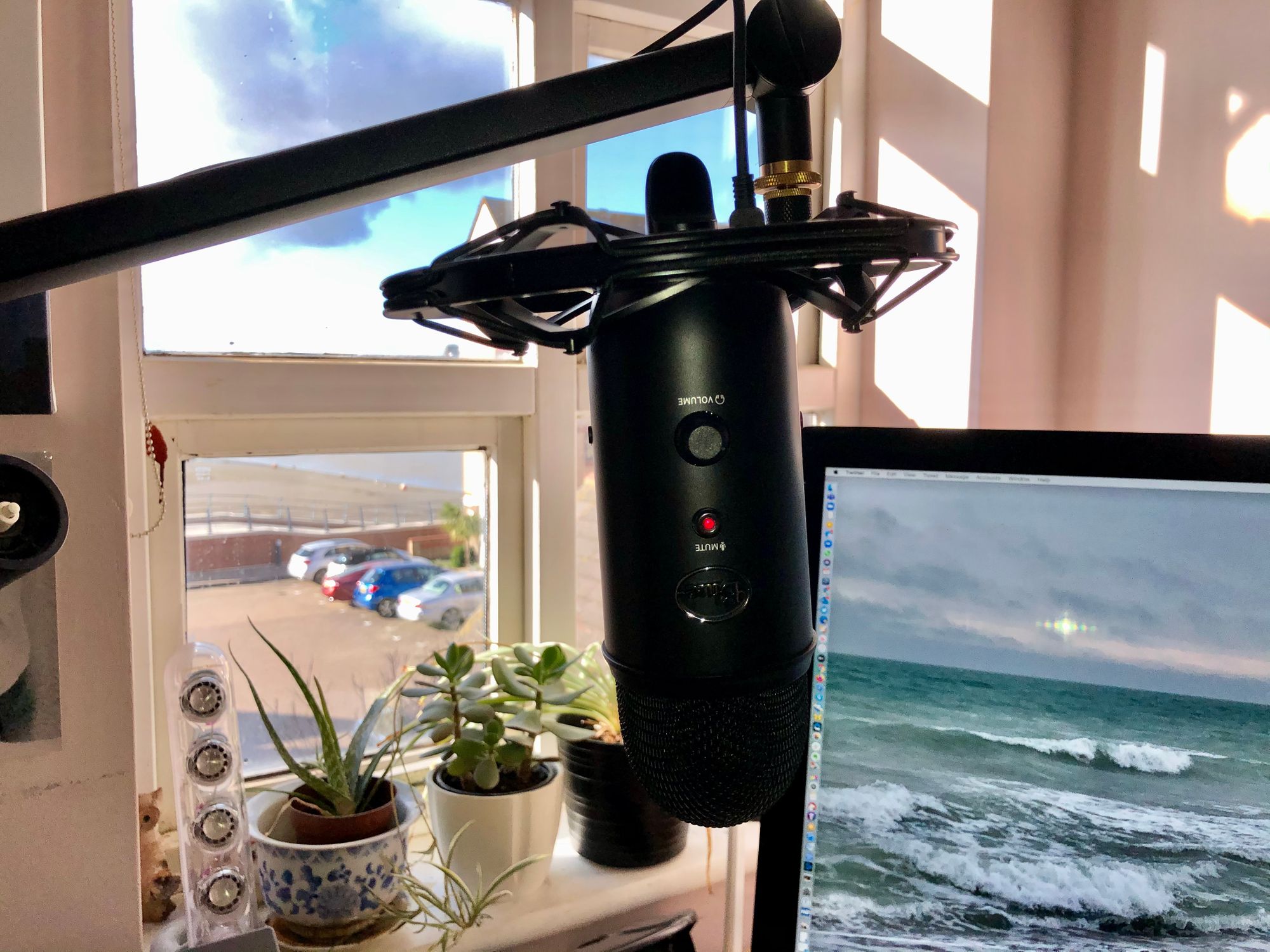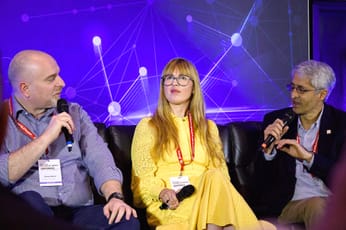
Brighton's future as a smart city: finding a vision
Jason Kitcat, Leader, Brighton & Hove City Council
Jason, as befits his position, gives us a pitch for why Brighton is so very great.
He highlights Brighton’s position as a “super-city” and one that will drive job growth and help us out of recession. The jobs are being driven by the sustainability and new media sector. And he runs though the list of attractions of the area – the universities, the South Downs. Kitcat came to the city 12 years ago to start a digital business.
Consulting on a 20 year plan, that will keep all existing employment spaces, as well as identifying new places.
He highlights a range of developments that have been built (or are planned to be) to very high BREEAM ratings: the new American Express building, some public sector buildings, including The Keep, and the i360 proposals
Tony Mernagh, Chief Executive of Brighton & Hove Business Forum and Executive Director of Brighton & Hove Economic Partnership

“Brighton is a city of the future – and it always will be”. That needs to change. They need to make it happen.
The 2007 economic strategy doesn’t really reflect the situation the city finds itself in now. The intent is to review, revisits and probably rewrite it. How do they create the growth they need to support the next generation of workers sustainably, against a background of recession and global economic crisis – and climate change? They need a constant policy vision – the city has had three separate administrations over 12 years, each with their own vision. That’s not great for investors. So they want a vision that all political parties can buy in – and that’s quite an ask. But doing this will determine if Brighton will actually become the city of the future.
Scott Marsh and Bruce Nairne – the City prospectus

They’ve consulted with 70 businesses and individuals within the city – and outside it, to see how people view it – and if they see it as a serious business location.
So, what makes it attractive, according to the consultation? It’s unique and distinctive. People struggle to name a similar city. But, from a business perspective, there’s not so clear a distinctive message. Access to London and the airports is seen as valuable, as is its approach to business and cosmopolitan nature. One person commented that they’ve never come across a place so engaged in architecture debates. It does business in cafés and on the beach, not in boardrooms.

There are challenges – no financial incentives or grants. There are limitations physically – with the sea to the south (although that means that return on developments is good). Cost of living is high. Parking and congestion is an issue. Consistent policy direction is needed. There are public realm issues, with run-down areas in some of the gateways. And there are social divide issues.
Does it need another big corporate here? Some think so, others think not. Crawley is very corporate – and Brighton is never going to be Crawley. We might need to be careful about being too restrictive about sectors. Should we be looking more for international investment – or should we target London?
Is it a world class city? It isn’t a Barcelona or a Manchester – but there are businesses that do world class things here.
He has a whole chart full of buzzwords that people apply to the city, but it all comes back to “Creative”: The Creative City.
Is Brighton too laid back?
Nairne: there is an issue with “sharpness”, particularly in dealing with businesses from London. Business done in cafés can be effective, and as effective as business down in smart suits in boardrooms.
If we are dealing with a lack of assets and readily developable land, what is the willingness of the current administration to put into that mix publicly-owned assets?
Kitcat: Business rates retention is incredibly complex. As regards to council assets, it’s clear that our assets aren’t necessarily in the right places, and we could release some through rationalisation.
Mernagh: We’re going to annex Adur: no, we’re not. But we want to persuade Adur and Lewes that they want to be part of Brighton. They have land that could be devoted to housing or workspace. Burgess Hill is creating homes – it’s only five miles away. It’s also creating a business and science park, on 23ha. Brighton has always been inward-looking, we need to work more with our neighbours.
The digital cluster in Brighton is invisible. Maybe there’s something in digital and creative being a world leader…
Kitcat: Every business can have a digital challenge – but we have businesses that create digital stuff. That’s different.
Mernagh: Green has gone on the back burner, but the world crisis will end, and green agenda will still be there…
Sign up for e-mail updates
Join the newsletter to receive the latest posts in your inbox.











